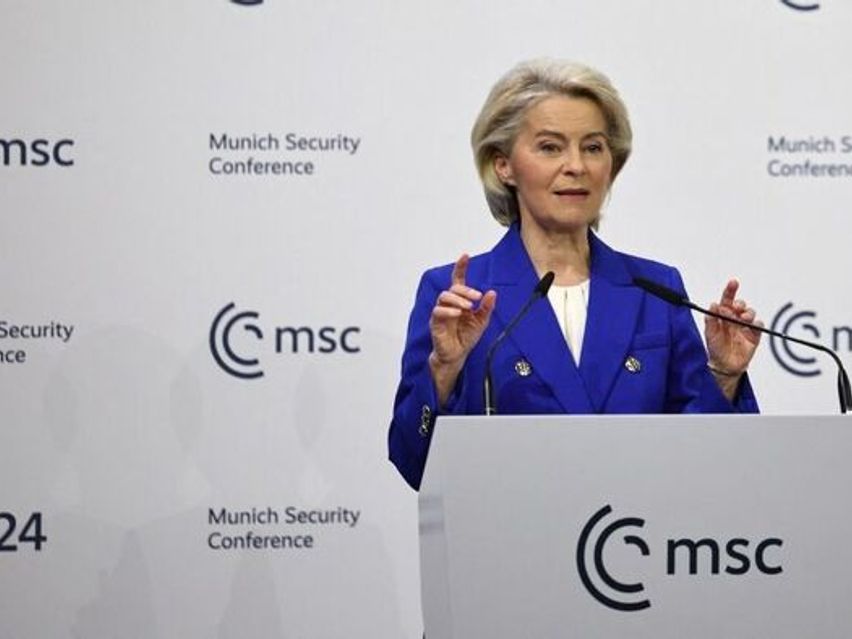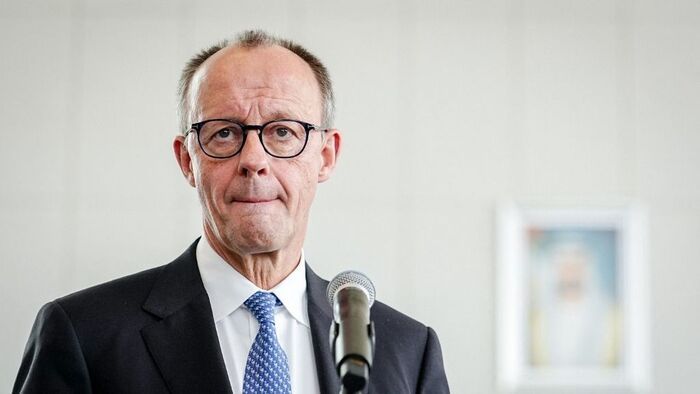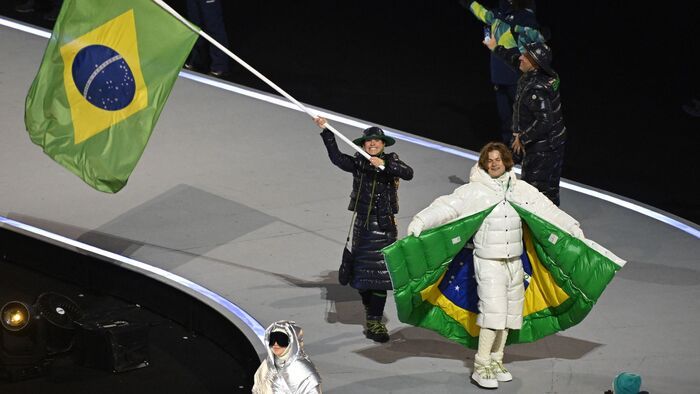The Muslim man applied for a position as a security guard at Stockholm's transport company and was invited to an interview. However, before the interview, he informed the employer that, due to his faith, he could not treat women as equals. As a result, the interview was cancelled, according to the Samnytt Swedish news portal, as highlighted by the international V4NA news agency.
The man felt this was discriminatory and filed a complaint with the discrimination ombudsman (DO), who ruled in his favor.
In a statement, the DO criticized the company, claiming that it made a mistake by cancelling the man’s interview. In his complaint, the man argued that his religious beliefs - preventing him from treating women equally - should not be a problem, as he wouldn't be required to shake hands with women at the workplace anyway.
The Stockholm public transport company disagreed, stating that such situations could indeed arise for a security guard. They argued that the man's stance was problematic and violated the company's neutrality policy, especially since it indicated a belief in the inferiority of women.
However, the discrimination ombudsman maintained that misogyny, based on Muslim religious beliefs, is indeed permissible, arguing that:
Touching is something not comfortable for everyone, and there is no particular reason to insist on handshakes, as there are other respectful ways to greet someone that do not involve physical contact.
The information available on the DO's website does not clarify whether the company was required to pay compensation to the Muslim man.
Failing to make exceptions for Muslims is discrimination
The discrimination ombudsman made headlines last year after supporting a Muslim woman who filed a similar complaint. She applied for a position through a staffing agency recruiting personnel for an airline. The company had a uniform policy that prohibits religious attire and other conspicuous symbols.
On the first day of training, the woman refused to comply with the rules and kept her veil on. She was told to either follow the rules, as all other trainees did, or leave the training program.
The woman then turned to the DO and sued the airline for discrimination, claiming it had failed to make an exception for the Muslim veil.























Szóljon hozzá!
Jelenleg csak a hozzászólások egy kis részét látja. Hozzászóláshoz és a további kommentek megtekintéséhez lépjen be, vagy regisztráljon!